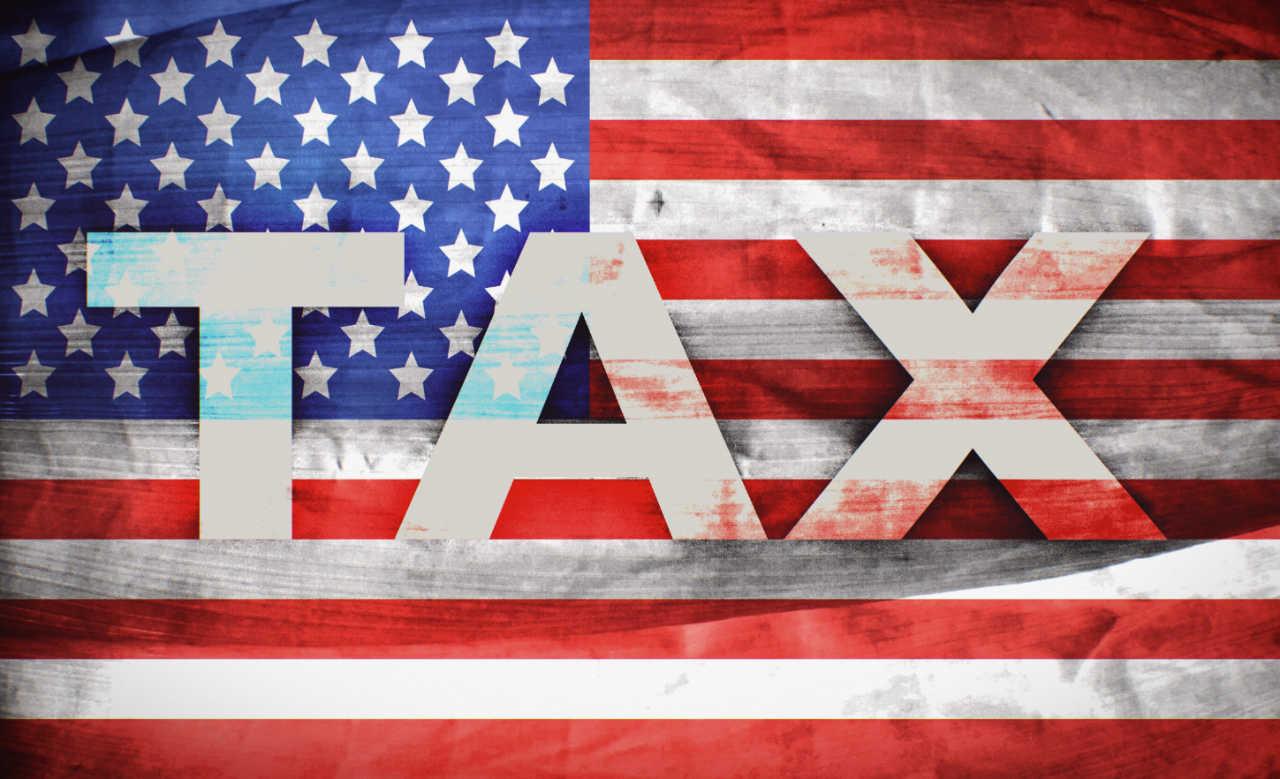The Diversity Visa Lottery, officially known as the Diversity Immigrant Visa Program, is a unique immigration program in the United States that offers individuals from countries with low rates of immigration to the US an opportunity to obtain permanent residency, commonly known as a green card. Established in 1990, the Diversity Visa Lottery aims to promote diversity and provide an avenue for immigrants from underrepresented regions to contribute to the cultural, economic, and social fabric of the United States. This article explores the history, eligibility criteria, application process, and the impact of the Diversity Visa Lottery on the nation's immigrant population.
History of the Diversity Visa Lottery:
The Diversity Visa Lottery was introduced as part of the Immigration Act of 1990, signed into law by President George H.W. Bush. The primary goal was to increase the diversity of the immigrant population in the United States by encouraging individuals from countries with historically low rates of immigration to participate in the lottery. The program was designed to ensure that the US remains a melting pot of cultures, ideas, and talents, fostering an inclusive society reflective of its founding principles as a nation of immigrants.
Eligibility Criteria:
To be eligible for the Diversity Visa Lottery, applicants must meet specific criteria. Firstly, they must be citizens of countries that have low rates of immigration to the United States, as determined by the US Department of State. Additionally, applicants must have at least a high school education or an equivalent level of work experience, as defined by the US Department of Labor. Each year, a limited number of visas are allocated to eligible applicants, and the process operates on a first-come, first-served basis.
Application Process:
The application process for the Diversity Visa Lottery is entirely electronic and is administered by the US Department of State. Each year, the registration period opens for a limited time, usually in the fall. Applicants must complete an online form providing essential personal information, including their name, date of birth, and passport details. Successful applicants are randomly selected through a computer-generated drawing, and they receive notification if they are selected for further processing.
Impact of the Diversity Visa Lottery:
The Diversity Visa Lottery has had a notable impact on the diversity and multiculturalism of the United States. It has allowed immigrants from countries that were previously underrepresented in the US immigrant population to establish new lives and contribute their skills and perspectives to American society. Through this program, individuals from diverse backgrounds have enriched various fields, including education, medicine, science, technology, and the arts.
Criticism and Reform:
Despite its positive impact, the Diversity Visa Lottery has faced criticism and calls for reform over the years. Some critics argue that the lottery system may not always attract the most highly skilled immigrants, as the selection process is random and based on chance. As a result, efforts to reform the program have been proposed, with some advocating for a merit-based system that prioritizes immigrants with specific skills and qualifications.
The Diversity Visa Lottery remains an essential and unique aspect of the United States' immigration system. By offering an opportunity for individuals from countries with low rates of immigration to pursue the American Dream, the program has contributed to the nation's rich cultural tapestry and demonstrated its commitment to inclusivity and diversity. As debates about immigration policies continue, the Diversity Visa Lottery remains an emblem of the United States' enduring commitment to embracing and celebrating the contributions of individuals from all corners of the world.






